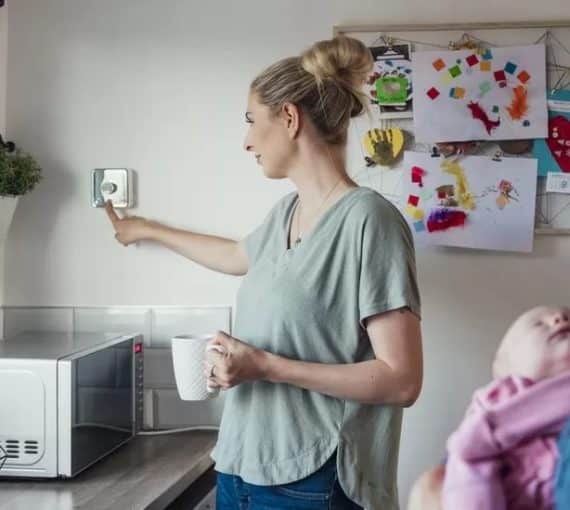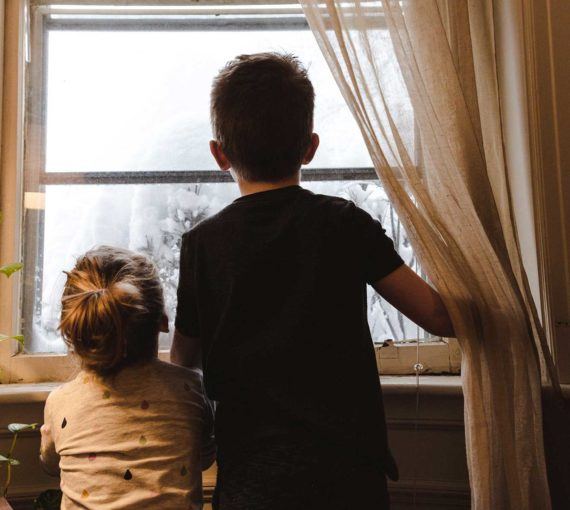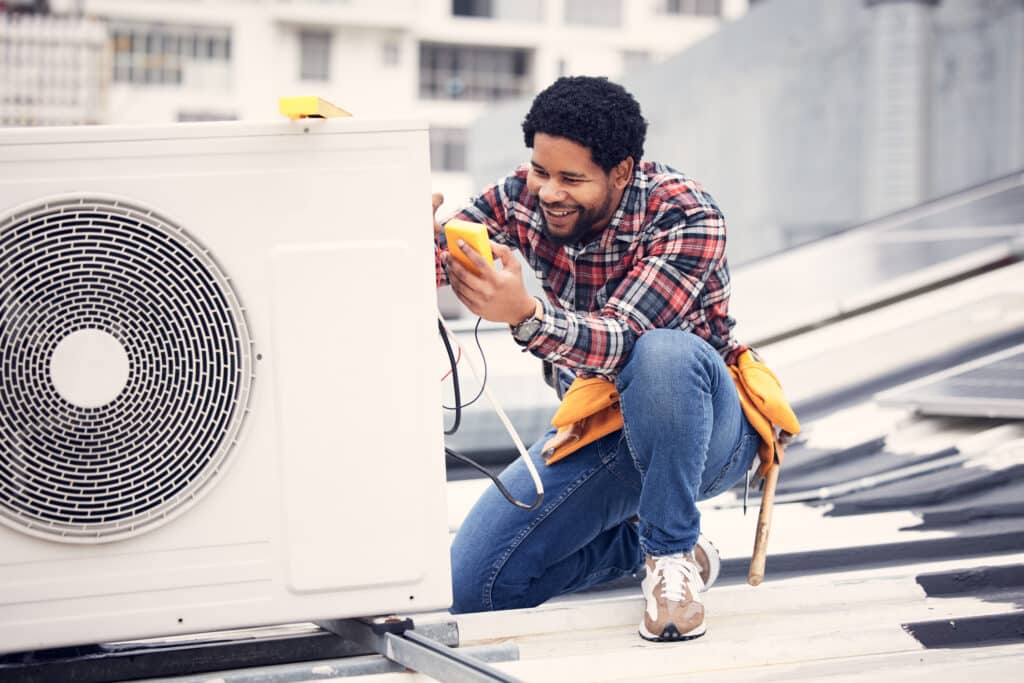
Heat pumps heat and cool, are energy efficient and a great climate solution. They also save money and work in cold weather. What’s not to love?
Yes, they work in the winter. Yes, they are super energy efficient. And yes they heat and cool spaces really well. They also save you money in the long run. No wonder the mighty heat pump is fast becoming a leading symbol of the clean energy transition.
What's a heat pump?
It’s called a “heat pump” because it can move heat either into the house or out of it, depending on the season. It doesn’t just heat your home. It cools it down too!
Just like an air conditioner, a heat pump absorbs heat from inside into a refrigerant and pumps it outside. It also does the same thing in reverse to bring heat inside. With the ability to move heat in both directions, a heat pump cools your home in summer and heats it in winter. Air-source and ground-source heat pumps are the most common.
Though increasing in popularity, heat pumps are not new! They were first developed and used in North America in 1948, with the technology greatly improving since.
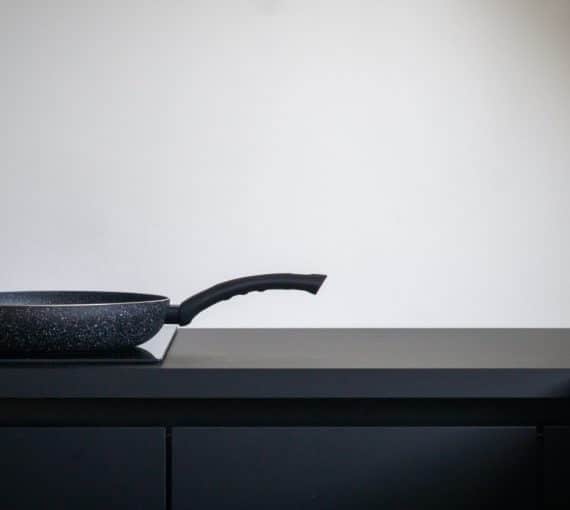
How to reduce and eliminate fossil fuel use at home
When it comes to green home improvements, many think first and foremost about saving energy. But to make homes really climate-friendly, the focus should also be on getting fossil fuels out. The good news is that a heat pump does both.
Three benefits of installing a heat pump
1. Heat pumps save you money
Heat pumps’ superpower is how efficient they are. Because of this, they’re the lowest-cost option for heating and cooling most homes in Canada, less expensive than gas or oil heating and traditional air conditioning in most cases. On average, using heat pumps with electric backup costs 13 per cent less than a gas system with air conditioning over its lifetime. Though the initial investment can be steep, heat pumps will pay for themselves over time with the money saved.
Check out the costs for changing to a heat pump in Vancouver, Edmonton, Toronto, Montreal and Halifax.
The federal government gives up to $5,000 rebates for heat pump installation and $15,000 to switch from heating oil. Some provinces offer additional rebates.
2. Heat pumps work in cold climates
Cold-climate air-source pump technology is designed to heat in temperatures as low as -31 C and most cold temperature heat pumps comes with conventional resistance backup for temperatures below that. The countries with the highest per capita heat pump use are Finland, Norway and Sweden — all with cold winters!
3. Heat pumps are climate winners
Heat pumps are up to 300 percent more energy efficient than electric baseboard heaters, and up to 50 per cent more energy efficient than the average air conditioning unit.
Because of their energy efficiency, heat pumps can lower emissions even in provinces with dirty (i.e., fossil-fuelled) electricity grids. They produce three to five kilowatt hours of thermal energy for every kWh of electricity consumed. Together, households in Canada can reduce climate pollution from home heating by a total of 19.6 million tonnes by 2035 just by using heat pumps for cooling rather than air conditioners.
A step toward getting fossil fuels out of your home!
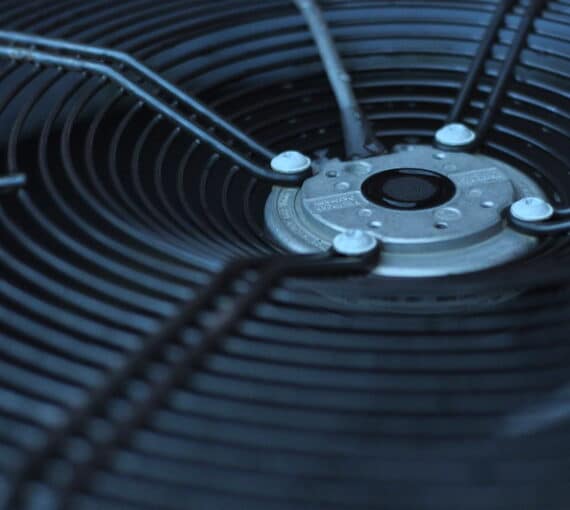
Heat pumps save money, reduce pollution and help the climate
It sounds too good to be true: a way to efficiently heat and cool your space, save money, reduce indoor and outdoor pollution and do your part in the global effort to curtail climate change! Heat pumps may not seem exciting, but they’re quickly growing in popularity as the world shifts away from expensive, polluting, climate-altering coal, oil and gas.
Are heat pumps noisy?
Heat pump noise pollution is a common concern that can prevent folks from making the switch. It’s an issue in older models, but most newer ones are made to minimize noise. Look for low decibel ratings and features such as variable speed fans and compressors, soft start and stop functions, nighttime and/or low sound modes and insulated compressors.
The outdoor part of the heat pump system emits the most noise, so you may hear some if your unit is positioned close to a window. If yours is noisy, try installing waterproof, weatherproof sound panels. (Perfect if you live close to neighbours!)

